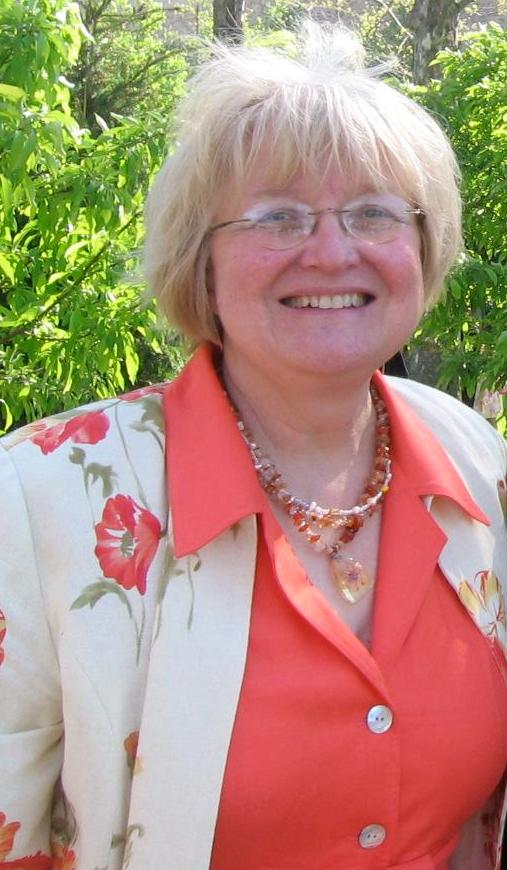"I can see the dawn of the better day for humanity. The people are awakening. In due time they will and must come to their own."
Eugene V. Debs
The spring of 2012 offers the hope of a new Occupy Movement ready to sweep the country. Occupy Wall Street captivated the nation last fall and was the main instrument for turning our national political conversation to the real crisis at hand: The 99 percent vs. the 1 percent. Our country stands on the brink of losing its democratic foundation. Oligarchy (defined as a form of government in which the ruling power belongs to a few persons) seems possible. Consider the Supreme Court's Citizens United ruling, the crack down on the Occupy Movement by the local, state and federal government, and voter suppression laws and electronic voting machine fraud that threaten the ability of "We the People" to cast our votes and have them counted properly.
Eugene Victor Debs, born in
"I am opposing a social order in which it is possible for one man who does absolutely nothing that is useful to amass a fortune of hundreds of millions of dollars, while millions of men and women who work all the days of their lives secure barely enough for a wretched existence," Debs told a federal court before sentencing after being convicted for violating the Espionage and Sedition Acts of 1917-18, laws passed by Congress to promote World War I by banning anti-war speech.
Less than 100 years ago, it was possible for the federal government to arrest, put on trial and incarcerate individuals who spoke out against President Woodrow Wilson and the country's entry into the Great War. Debs, who had long vocalized his support of the working class, took his anti-war message to the people in
"They have always taught you that it is your patriotic duty to go to war and to have yourselves slaughtered at command"And here let me state a fact -- and it cannot be repeated too often: the working class who fight the battles, the working class who make the sacrifices, the working class who shed the blood, the working class who furnish the corpses, the working class have never yet had a voice in declaring war."
Journalists who covered that
In his trial, Debs described the Espionage Act as "a despotic enactment in flagrant conflict with the democratic principles and with the spirit of free institutions" and later said he believed the law to be unjust but that it was only one small expression of a much greater injustice which lay at the foundation of the entire social system. He told the judge that 5 percent of Americans owned two thirds of the nation's wealth, while nearly 65 percent who made up the working class owned only 5 percent.
"I can see them (the working class) dwarfed, diseased, stunted, their little lives broken and their hopes blasted because in the high noon of our 20 th century civilization, money is still so much more important than human life."
Debs was convicted in
Debs' health suffered greatly while in prison, yet he took up his speech making where he left off before his arrest. He continued to criticize
Debs' was nominated for the Nobel Peace Prize in 1924 on the basis of arguing that the Great War was fought mainly in the interest of capitalism. He died on
"Political parties are responsive to the interests of those who finance them. This is the infallible test of their character and applied to the Republican, Democratic and Progressive parties, these parties stand forth as the several political expressions of the several divisions of the capitalist class. The funds of all these parties are furnished by the capitalist class for the reason, and only for the reason, that they represent the interests of that class."
(Note: You can view every article as one long page if you sign up as an Advocate Member, or higher).






